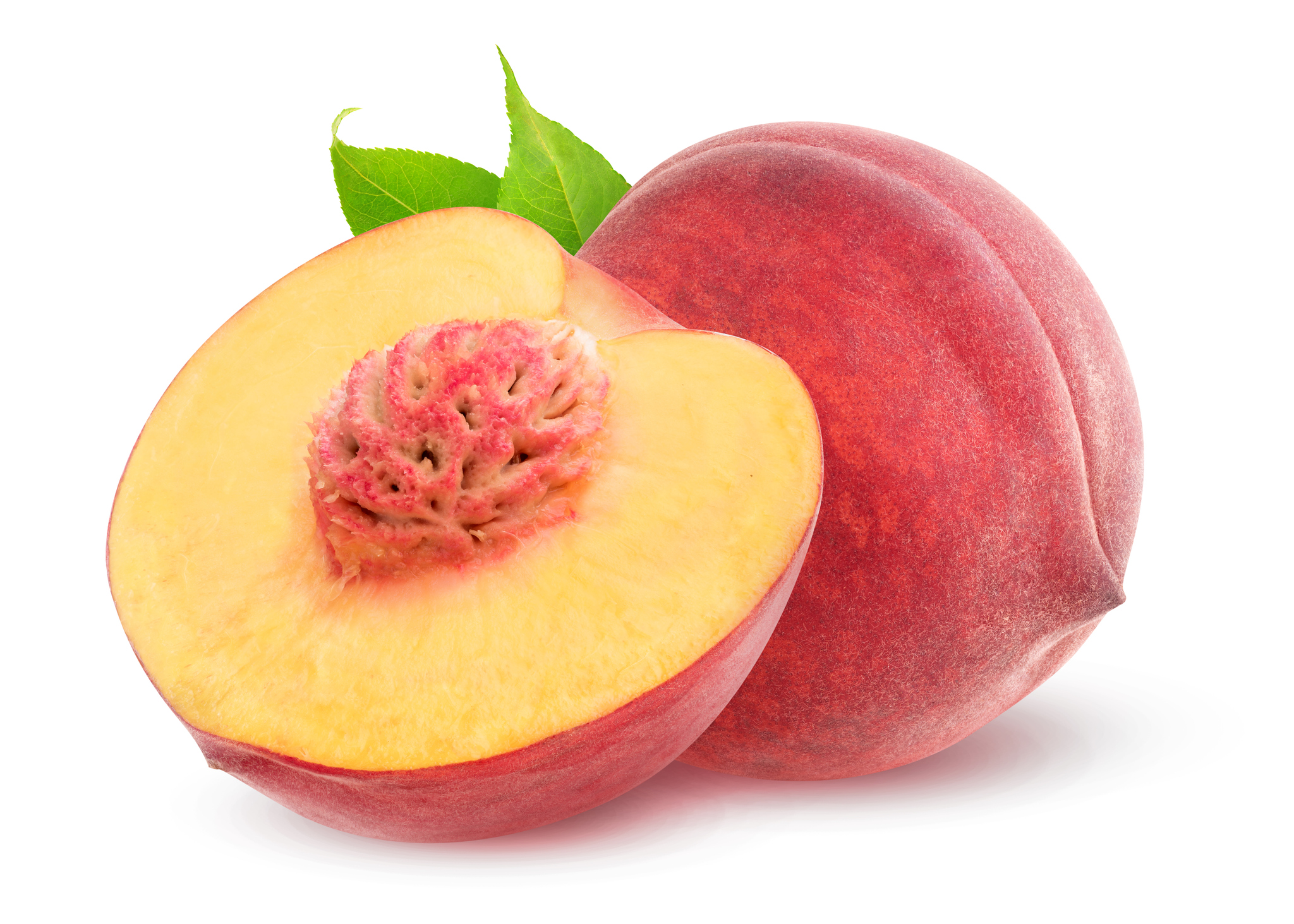Safe foods can seem hard to find but handled correctly and with appropriate caution exercised your diet can stay safe. Most households, families have been spending more time in the kitchen, cooking meals at home rather than risking virus exposure at restaurants, or ordering take-out. Whether you are relying on canned and frozen food or taking advantage of the garden-fresh produce in season, there are some foods that can be toxic and are especially dangerous for elderly adults.
Stone fruits, for example, like cherries, peaches, plum, and apricots contain hydrogen cyanide. While it would take a large dose of pits to cause harm, chewing on or swallowing cherry seeds isn’t a good idea. Wash fruit thoroughly, cut out the pits and enjoy the seasonal harvest.
Trying to eat more greens? You may want to steer clear of raw alfalfa sprouts which, because they need humid conditions to grow, are also an ideal environment for bacterial growth. There have been many cases of foodborne illness related to the consumption of raw sprouts including Salmonella and E. coli poisoning.
Shellfish is not only a common food allergen, but undercooked or raw shellfish can also carry harmful bacteria and microbes. They should always be cooked; steer clear of raw oysters. Tuna, along with other large fish like marlin and swordfish can contain significant amounts of mercury, a neurotoxin that can cause muscle weakness, vision changes, and hearing loss. Salmon, sardines, mackerel, shrimp, and scallops are a safer choice.
Unpasteurized milk and cheese can also spread bacteria and pathogens that can lead to dangerous foodborne illnesses. Nuts can carry aflatoxin, produced from the Aspergillus fungus. Avoid buying freshly ground peanut butter, keep peanut butter in the fridge, and stay away from nuts in bulk bins.
Green potatoes contain solanine and can make you ill. Potatoes will keep longer in a cool dark space; when potatoes turn green they become bitter and the alkaloid solanine, when eaten in large quantities, can cause serious illness. Remove any green parts of the potato and the “eye” before cooking.
Choose tomatoes and tomato sauces in glass jars rather than canned; Bisphenol A (BPA) is found in the lining of nearly all cans and it can interfere with the hormone system, mimicking estrogen in the body. Studies have linked exposure to BPA with an increased risk for heart disease, breast cancer, and obesity, according to a recent CBC Canada Health report.
Hooked on popcorn during your Netflix marathon? Avoid the artificial butter flavoring. Diacetyl is a toxin that is released into the air during popping. Long-term exposure can lead to inflammation and scarring of the airways. Don’t breathe in the fumes when opening a bag of popcorn, choose an unbuttered flavor, and add your own melted butter or pop kernels over the stove or using an air popper.
If you have read recently about COVID-19 found to be present on chicken, don’t let it worry you too much. Handle raw chicken correctly as you always should washing hands after touching raw meat, cooking thoroughly, and properly cleaning kitchen surfaces then there should be no need for concern. Fully cooked chicken should have no pinkish color remaining inside and the juices should run clear; the internal temperature of cooked poultry should reach 165 F (73.8 C), according to the United States Department of Agriculture.






Add Your Voice
0 Comments
Join the Discussion